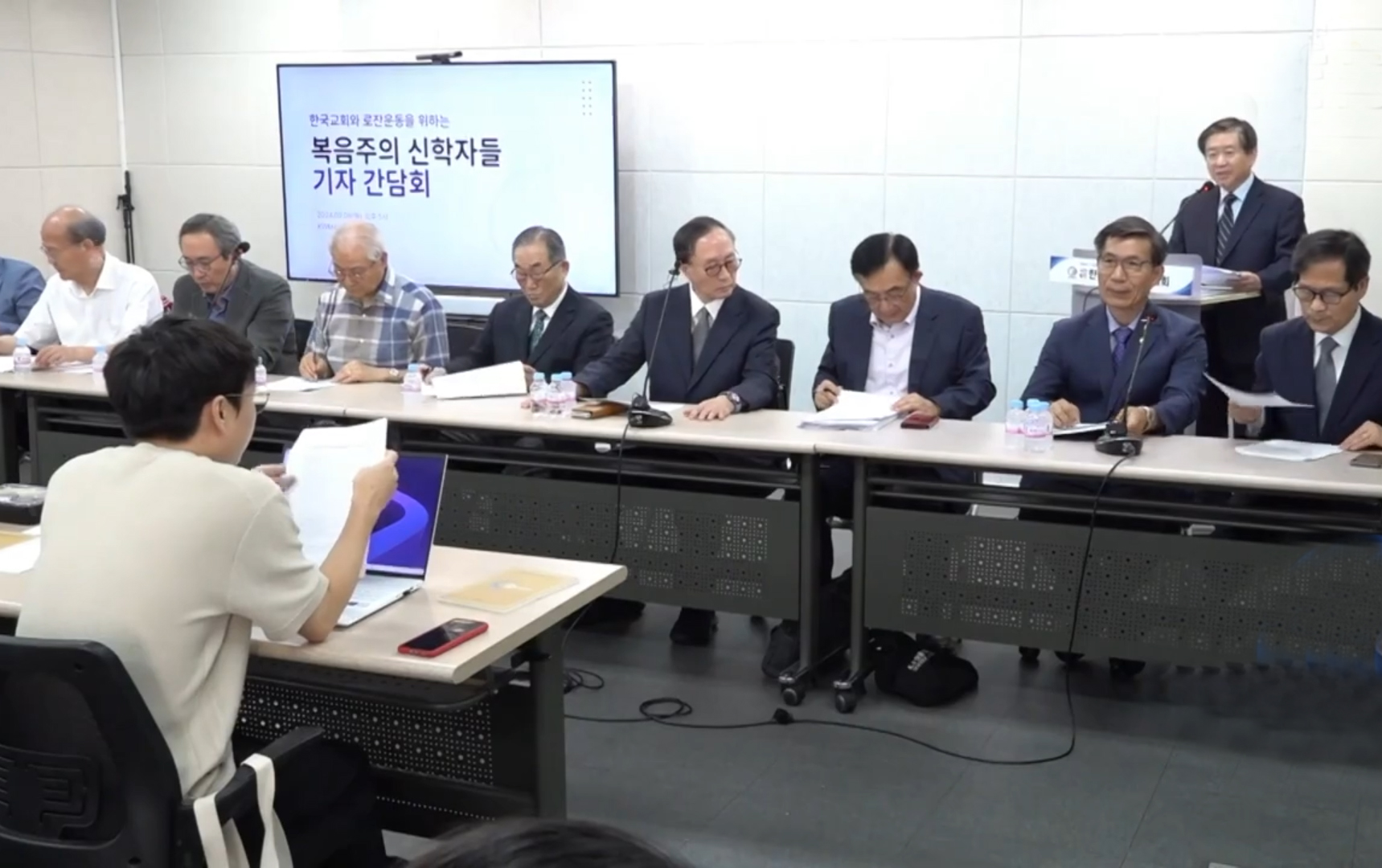
Korean Evangelicals Welcome to Lausanne Conference - Seoul 2024
As we reflect on the journey since the first Lausanne Congress in July 1974, it is clear that the Lausanne Movement has been a driving force in world evangelization, the global evangelical movement, and the development and expansion of evangelical theology over the past 50 years. It has also been a critical player in the growth and progress of the Korean church since the 1970s, a testament to the unique contributions of the Korean church to the global evangelical movement. At the 50th-anniversary milestone, the 4th Lausanne Conference on World Evangelization will open in Seoul, South Korea (Songdo, Incheon) in September 2024, a momentous occasion for the Korean church.
1. The first Lausanne Congress, held in July 1974, and the Lausanne Covenant adopted there, carried forward the spirit of the 1910 Edinburgh Missionary Conference, calling for world evangelization within our generation. This conference and declaration of global evangelicals opposed extreme separatism and the ecumenical mission movement of the World Council of Churches (WCC). Historically, the Lausanne Movement emerged as a response to the WCC, established in 1948. In the 1960s, particularly at the 1961 New Delhi Conference where the International Missionary Council (IMC) merged with the WCC, the concept of "mission of God" in the WCC shifted toward secularization and humanization, becoming a central theological agenda for the ecumenical camp, particularly at the 4th WCC Assembly (Uppsala, 1968). By the 1973 Bangkok Conference, the WCC had taken a radical stance, even declaring a moratorium on European missions. In response, evangelicals who believe in the Bible as God's Word convened significant conferences, including the Wheaton and Berlin Conferences in 1966, the first Lausanne Congress in 1974, the second Lausanne Congress in Manila in 1989, and the third Lausanne Congress in Cape Town in 2010, all rooted in the inerrancy of Scripture and traditional Christian faith, affirming the need for both evangelism and social responsibility.
2. Throughout its history, the Lausanne Movement has steadfastly affirmed the belief in the Bible as the divinely inspired, inerrant Word of God. It has consistently emphasized the importance of evangelism and social responsibility. We trust that the 4th Lausanne Congress in September 2024 will continue to uphold the inerrancy of Scripture and the uniqueness of Jesus Christ in today's pluralistic society. We also anticipate a firm declaration that marriage is a union between one man and one woman by the biblical order of creation and that homosexuality and same-sex marriage are acts that disrupt this divine order. In contrast to the WCC's concept of "God's mission" (missio Dei), we urge the Lausanne Movement to preserve and advance the church's traditional mission for world evangelization.
3. Evangelical faith believes that the work of the Holy Spirit, as seen in the Acts of the Apostles, is alive and active in our lives today, bringing dynamic vitality to the church and enriching the lives of believers. In this respect, the Lausanne Movement should encourage the free expression of the Holy Spirit's work. At the same time, it must be cautious of false spiritual movements that extend beyond the bounds of Scripture into syncretism. We sincerely welcome holding the 4th Lausanne Congress on World Evangelization in Korea at this pivotal time, marking the 50th anniversary of the Lausanne Movement. We hope this conference will become a crucial turning point for the renewal, restoration, and genuine revival of Korean and global churches, which face many challenges.
September 9, 2024
Signed by 136 Korean Evangelical Theologians
 Advise to the 'Lausanne Conference Seoul 2024'
Advise to the 'Lausanne Conference Seoul 2024'


















